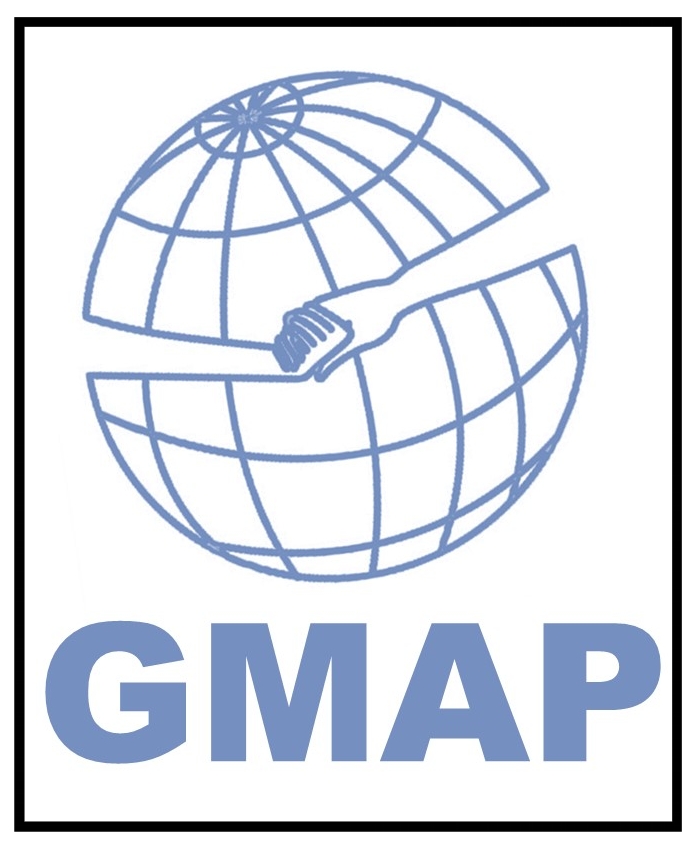How Peers Can Shift Stigma to Retain Low-Income, Minority Individuals in Opioid Treatment
Preliminary qualitative work for HEAL Together has indicated that stigma, at multiple levels (substance use, racial, socio-economic, etc.), act as barriers to successful treatment outcomes for individuals with opioid use disorder (OUD). Peers may be uniquely positioned to help clients overcome stigma-related barriers in treatment for OUD, due to their shared lived experience with substance use that they can incorporate into interventions. The aim of this supplement is to test whether and how a peer recovery coach model can reduce multiple intersecting stigmas, including internalized and anticipated substance use stigma, and whether changes in stigma translate into improvements in methadone treatment retention.
Location: Baltimore, MD; Funding: NCCIH (R61AT010799-01S2; 2020-2021; PI: Magidson). Opportunities for staff and graduate students to be involved in study coordination, qualitative interviewing, coding, transcription, and analysis, secondary data analysis, and future grant submissions.

